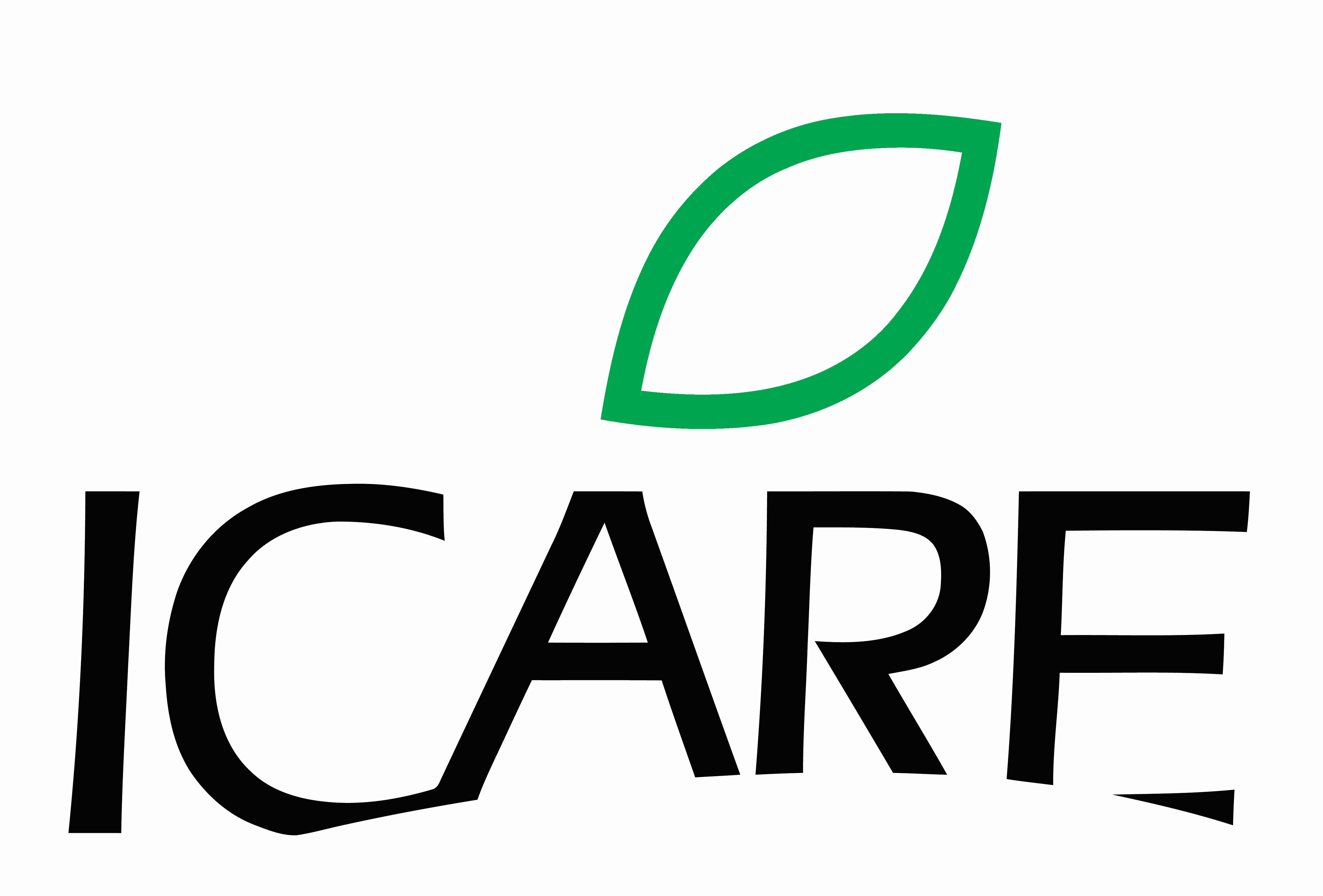Since February 2020, ICARE Research Department has been conducting a baseline assessment within the scope of the “Fruit Production Sector Development Program in Armenia (FRUITENIA)”. The study had an objective to reveal the capacity needs of the fruit production sector, meanwhile addressing the challenges of female farmers, entrepreneurs, and students due to stereotypes and gender imbalance in this sector.
Preliminary data was gathered by the research team through interviewing different segments involved in the fruit production to have a better understanding of the gaps and identify methods to eliminate or mitigate them. Among them were ANAU representatives, owners of the orchards and nurseries, organization providing orchard establishment service, experts of fruit production, and representatives from the TVETs which provide agricultural education.
Apart from the aforementioned participants and research method, online surveys and desk research were also conducted to acquire the whole picture of the sector’s shortcomings.
Based on the study results, specific recommendations were made to improve the sector’s productivity and competitiveness. The major recommendations were related to the modernization of the curriculum of “Agronomy, Selection and Genetics” academic program at ANAU, implementation of Training of Trainers (ToT) for ANAU and TVETs staff, development of the short-term training course, establishment of demonstrative intensive orchard and e-learning platform as well. The recommendations were based on the preferences and professional capacity needs of the field representatives.
 Regarding the ToTs of ANAU and TVET instructors, it became clear that most of the instructors are willing to be trained about the modern methods of fruit production such as establishing an intensive and organic orchard, modern nurseries, as well as plant protection, sort-sensitive pruning, etc. The importance of visiting the demonstrative intensive orchard and hands-on practice was also mentioned. The TVET instructors also would like to learn interactive teaching methods to better organize the student-centered learning.
Regarding the ToTs of ANAU and TVET instructors, it became clear that most of the instructors are willing to be trained about the modern methods of fruit production such as establishing an intensive and organic orchard, modern nurseries, as well as plant protection, sort-sensitive pruning, etc. The importance of visiting the demonstrative intensive orchard and hands-on practice was also mentioned. The TVET instructors also would like to learn interactive teaching methods to better organize the student-centered learning.
” The demonstration orchard will enable the novice to understand what the intensive orchard exactly means, which is the difference between conventional and intensive orchards, what are the successive works that should be done and the most important thing is learning the rightest way of pruning trees in the intensive orchard”- says, an interviewee from the study.
Indeed, 74% of the respondents prioritize this as an important step for increasing the competitiveness and enhance the knowledge of the sector representative in this or that way.
Last but not the least, participants were enthusiastic about designing an e-learning platform, which will cover topics such as the pruning of the trees, establishment of organic orchards, fertilization, pest management, and so on. The preferences and needs of field representatives will be decisive in further content development.
The baseline assessment of the project has adopted a participatory approach and this also encouraged the research team to validate the research findings with the representatives of ANAU Agronomy faculty members. Almost all the professional needs revealed from the field were assessed as important by the Faculty representatives which also helped the research team to understand the concept specifications.
All these operations prepared a good start for the FRUITENIA project and the ICARE team will proceed accordingly to achieve desirable results and enhance the sector’s productivity and competitiveness.
The FRUITENIA project is funded by the Austrian Development Agency and implemented by ICARE Foundation. The main beneficiary of the project is the Armenian National Agrarian University.



